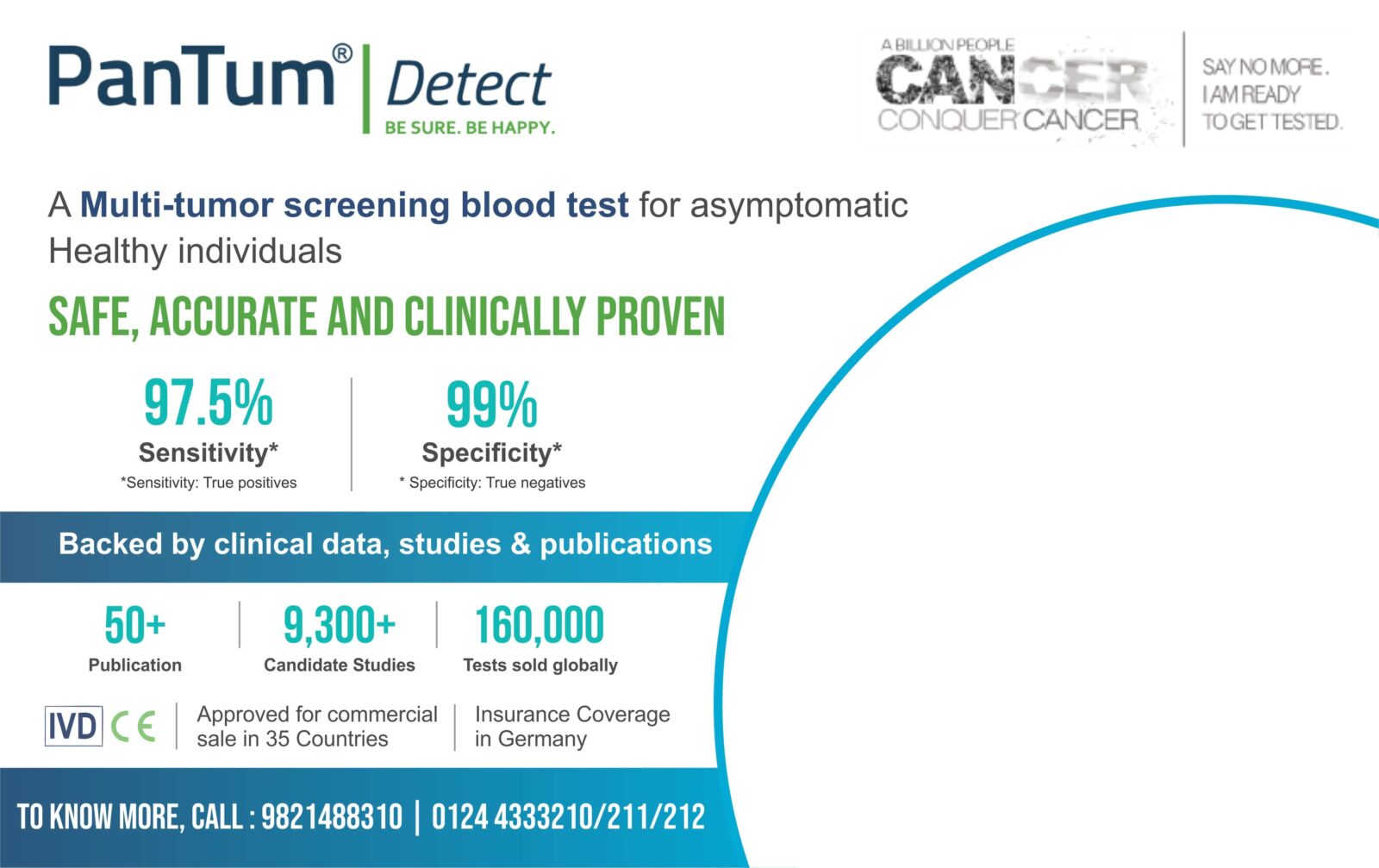
Ovarian Cancer
The normal cells of the ovary changing into abnormal ones and growing out of control is ovarian cancer. Cancers originating from the fallopian tubes and peritoneum are usually included in the ovarian cancer group. It usually occurs in females aged 50-65 years of age but can also occur in younger /older aged females. Sometimes this cancer runs in families.
What are the symptoms of Ovarian Cancer ?
Although the following symptoms are nonspecific but if these continue for long, you must let your clinician know about these . However many a times , ovarian cancer remains asymptomatic and patients come to know about it once the disease has grown to a large extent and found on imaging tests done for some other cause
Few of the symptoms associated with Ovarian Cancer/Fallopian tube/Peritoneum are :
- Abdominal or pelvic pain
- Feeling of fullness in the stomach/ Indigestion
- Abdominal bloating
- Abdominal girth increasing
- Needs to pass urine often/ urgency
- Fatigue
- Menstrual irregularities
- Back pain
- Constipation
What are the tests to detect in case there is suspicion of Ovarian Cancer ?
- Blood Tests : No blood test can be able to predict with surety if a female has ovarian cancer . the main test used is CA 125. It’s a Glycoprotein that can rise in case a female has ovarian cancer. However , it can increase in certain other benign ( non cancerous ) conditions too. It is mainly used if a patient has been diagnosed as ovarian cancer and before starting the treatment , CA 125 was raised , then it’s a very good tool for assessing the response of the treatment as a surveillance tumor marker.
- Imaging : Transvaginal Ultrasound / CAT scans / MRI abdomen/ whole body PET scan are the imaging techniques used for detecting the presence of any tumor in the ovary and also to detect the spread and extent of the disease.
- The surest wasy to diagnose ovarian cancer is histopathology which can be obtained by the ascetic fluid (fluid that accumulates in abdomen in such patients) or biopsy or surgery which is usually done to remove any suspicious tubo-ovarian mass .
What is the treatment of Ovarian Cancer ?
For majority of the females , surgery is the first step of the treatment . After surgery done as the primary treatment, the specimen tested under microscope is used to decide whether adjuvant treatment in form of chemotherapy is required or not . However, few patients with very advanced disease, require pre operative chemotherapy (Neoadjuvant chemotherapy (NACT)) followed by interval cytoreduction (surgery ) which is followed by completion chemotherapy. All specimens are also send for gene testing for BRCA 1 and 2 status.
What is to be done after treatment has been completed ?
After treatment , woman would be on close follow up visits, which would include blood tests, imaging tests.
What if there is a family history of ovarian cancer in your family ?
In case there is a family history of breast and ovarian cancer , screening can begin at 30 -35 years of age . It can be done through a blood test – CA 125, transvaginal or abdominal ultrasound or both . But these tests are not always foolproof to detect early cancer . Germline screening can be done if more than 2 family members or any one has a BRCA mutation in the family
What are the genetic tests and when do they need to be done ?
It is done to find out if you have any abnormal or mutated genes . The genes most often associated with ovarian (and breast cancer ) are BRCA 1 and BRCA2 .
Genes are carried down and passed down in generations . So in case you have female family members with breast / ovarian cancer , genetic tests can be carried out to know if they carry any abnormal version of any gene . if any of these tests turn out to be positive, special steps turn out to be positive , special steps can be taken to protect you from cancer .
FOR FURTHER RESOURCES , KINDLY REFER TO CANCER.NET











